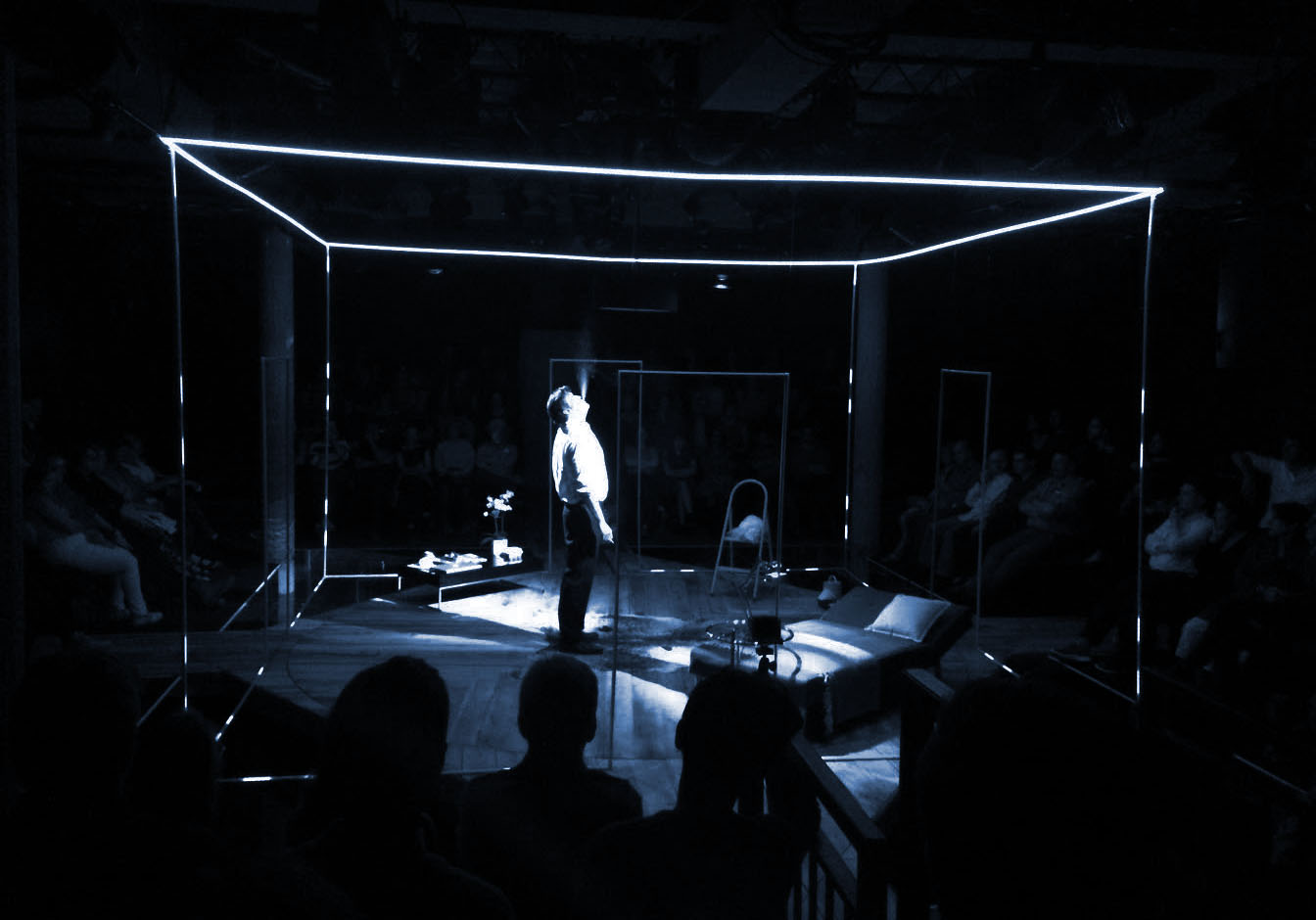The Age of Loneliness is Killing Us | George Monbiot
Wed 16 Sep 2015 |
Our Plays, The Bigger Picture
This article by George Monbiot inspired playwright Tanya Ronder when writing F*ck the Polar Bears, and is included in the playtext as a companion piece.
The age we are entering, in which we exist apart, is unlike any that has gone before. This is the Age of Loneliness. We were social creatures from the start, mammalian bees, who depended entirely on each other. We are shaped, to a greater extent than almost any other species, by contact with others. But now, social isolation is as potent a cause of early death as smoking 15 cigarettes a day; loneliness, research suggests, is twice as deadly as obesity. Dementia, high blood pressure, alcoholism and accidents – all these, like depression, paranoia, anxiety and suicide, become more prevalent when connections are cut.
We cannot cope alone. Yet what counts now is to win. The rest is collateral damage.
British children no longer aspire to be train drivers or nurses – more than a fifth say they “just want to be rich”: wealth and fame are the sole ambitions of 40% of those surveyed. A government study in June revealed that Britain is the loneliness capital of Europe. Who can be surprised, when everywhere we are urged to fight like stray dogs over a dustbin?
Our most cutting insult is loser. We no longer talk about people. Now we call them individuals. Competition drives growth, but growth no longer makes us wealthier. Figures published this week show that, while the income of company directors has risen by more than a fifth, wages for the workforce as a whole have fallen in real terms over the past year. The bosses earn – sorry, I mean take – 120 times more than the average full-time worker. (In 2000, it was 47 times).
A survey by Boston College of people with an average net worth of $78m found that they too were assailed by anxiety, dissatisfaction and loneliness. Many of them reported feeling financially insecure: to reach safe ground, they believed, they would need, on average, about 25% more money.
And for this, we have ripped the natural world apart, degraded our conditions of life, surrendered our freedoms and prospects of contentment to a compulsive, atomising, joyless hedonism, in which, having consumed all else, we start to prey upon ourselves. For this, we have destroyed the essence of humanity: our connectedness.
This is an extract of an article originally published by the Guardian in October 2014, read it in full here. Reproduced by kind permission of the author.



